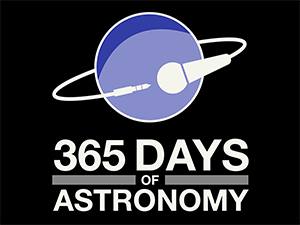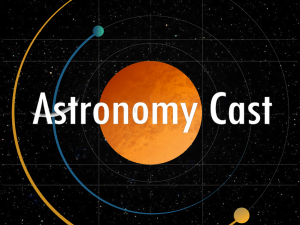
In a paper appearing in Nature Astronomy and led by Yohei Miki, researchers modeled what could happen during a variety of different kinds of galaxy mergers, with systems of many different sizes colliding in a variety of different ways. This time the focus was on how gas and dust in the systems moved, and if it would flow toward the galaxy’s central massive black holes, or instead get pushed elsewhere.
We know that some galaxy mergers do lead to material falling toward the galaxy centers where it can form a bright disk around the supermassive black hole as it falls in. We can see these systems; we know they’re out there. The open question is: does it have to be this way? Do all mergers lead to black holes getting large meals?
It turns out, if a small galaxy hits a larger galaxy just right, it can actually starve the black hole. Essentially, the interaction shapes the material around the supermassive black hole into a giant donut that the supermassive black hole can’t munch on. More scientifically, that donut shape is called a torus, and according to Miki: If the incoming galaxy accelerated this torus above a certain threshold determined by properties of the massive black hole, then the matter would be ejected and the massive black hole would be starved. These events can last in the region of a million years, though we are still unsure about how long the suppression of massive black hole activity may last.”
No matter how long it lasts, this is cool science and may even help us understand our own galaxy’s quiet past. We know we’ve merged with lots of smaller systems and we see evidence of past black hole activity. While we can’t go back and see what happened, these simulations may be giving us a hint at our history.
More Information
The University of Tokyo press release
“Destruction of the central black hole gas reservoir through head-on galaxy collisions,” Yohei Miki, Masao Mori, and Toshihiro Kawaguchi, 2021 January 25, Nature Astronomy



